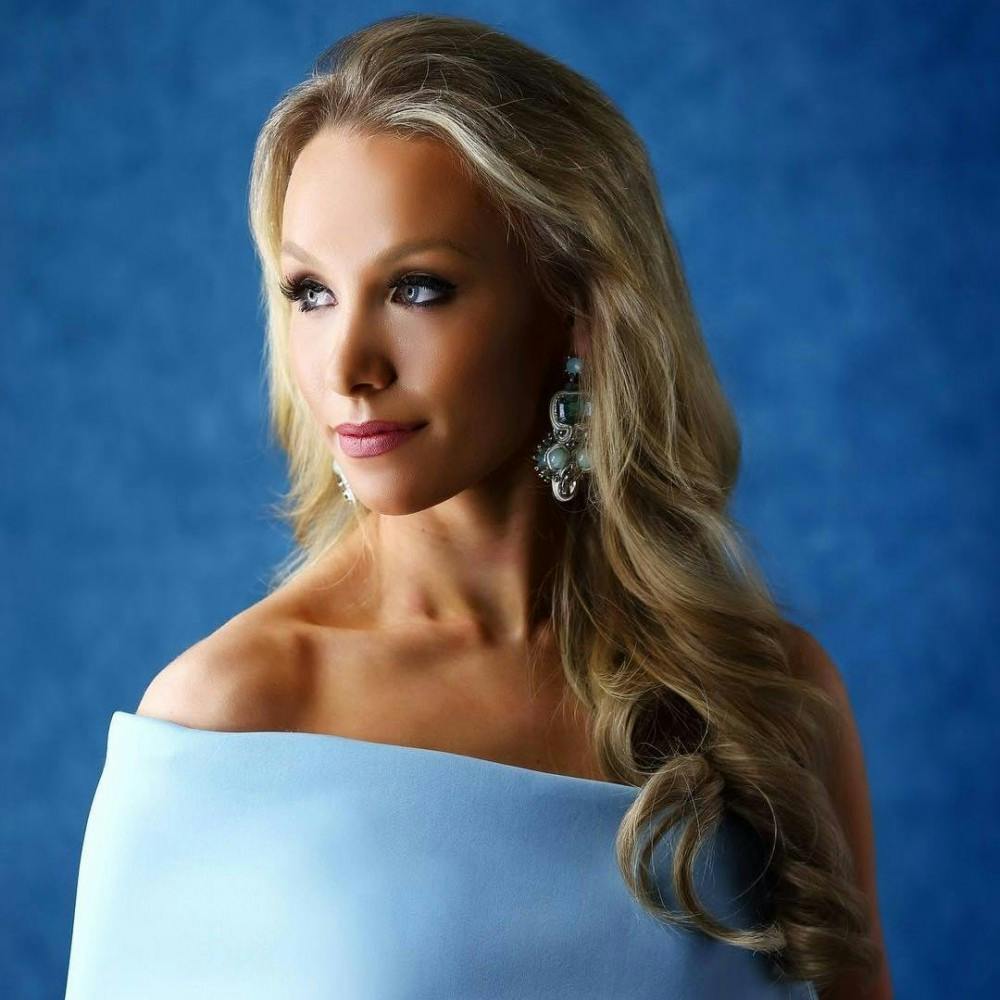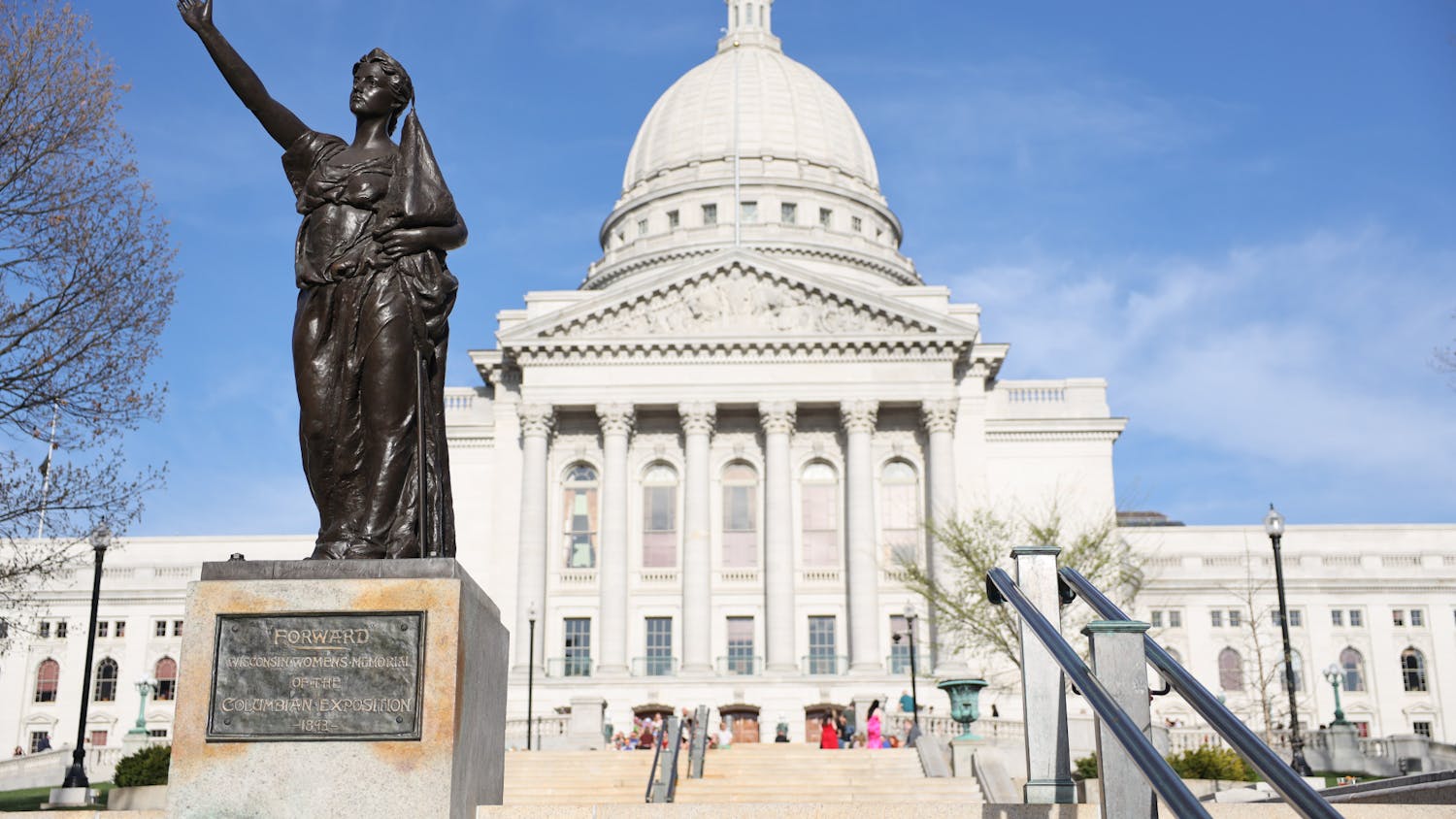A UW-Madison student sat down her first day of the course "The American Presidency" and something on the syllabus caught her eye. Two days later, she spoke out against alleged political bias by a professor on campus on national television.
Political science professor Kenneth Mayer received backlash Tuesday from students, like McKenna Collins, for the way he represented President Donald Trump.

Mayer has taught "The American Presidency" several times. Each semester, he updated the syllabus to fit the present political atmosphere, according to UW-Madison officials.
In this semester’s syllabus, Mayer referred to the Trump administration as “the most (how shall we put it?) unconventional presidency in American history, with a president who gleefully flouts the norms of governing and presidential behavior that have structured the office since George Washington.”
The syllabus went on to say individuals who don’t support the current president see him as a “spectacularly unqualified and catastrophically unfit egomaniac who poses an overt threat to the Republic.”
After seeing the syllabus, Collins took to Facebook to share her disappointment. Her post was shared more than 400 times, garnering attention from local and national media outlets.

Collins appeared on Fox News’ “Tucker Carlson Tonight” to discuss the course Wednesday night. She said she feared being penalized for disagreeing with the phrasing of the syllabus.
“[Mayer] makes every effort to instill in college students an illegitimate distrust and hate for the President of the United States before the course has even started,” Collins said in her Facebook post regarding the syllabus.
Collins also explained the syllabus made her feel intimidated, stating her belief that Mayer “made a mistake” when crafting the syllabus. She found his language to be “biased, unprofessional and anti-academic.”
In a press release distributed after Collins posted on Facebook, the College Republicans of UW-Madison said although his syllabus is controversial and political bias in the classroom is not acceptable, they believe Mayer to be an “intellectually engaging professor that treats conservatives fairly.”
In cases where professors show their political bias, it disadvantages students by disabling their ability to engage in respectful discussion and learn more about opposing perspectives, noted Alesha Guenther, the College Republicans of UW-Madison communication director.
“Allowing students to pass through the doors of this university without giving them the chance to be challenged by their peers, course material, instructors and professors would be a disservice to the education students expect to receive at UW-Madison,” Guenther said.
Mayer also faced criticism in the form of a letter from Rep. Dave Murphy, R-Greenville. Murphy expressed his desire for the course to have a “more accurate title” or a “less biased instructor.”
“It is unfortunate that students who enrolled in your course expecting to learn about the overall American presidency may now have to choose between dropping the course and taking a course that is a bait and switch, focused instead on a critique of the Trump presidency,” he wrote.
Mayer could not be reached for comment. However, UW-Madison’s director of news and media relations Meredith McGlone said Mayer is a professor who does not show his political bias in the classroom and asks his students to do the same.
“At a time of perhaps unprecedented political polarization, he presents his students with the latest scholarly work on and contemporary readings about the presidency, seeks to provide students with the skills to put both conservative and liberal views into context and encourages students to draw their own conclusions based on evidence and thoughtful debate,” McGlone said.
PROFS, a nonprofit UW-Madison faculty organization, also showed their support for Mayer in response to Murphy’s letter, calling it “an attack on academic freedom.”
“[The criticism] could have a chilling effect on future faculty members’ willingness to speak freely and openly about controversial topics of the day, a very unfortunate outcome,” PROFS said in their letter.
Despite the isolated nature of this event, Guenther said political bias is something she has faced in the past at UW-Madison, causing her to participate less in class discussion.
The College Republicans of UW-Madison press release said some of their members have felt like they had to alter their personal views on assignments in order to receive better grades.
After attending the first two lectures of "The American Presidency," along with sitting down with Mayer to discuss her concerns about the course, Collins told The Daily Cardinal that she feels her voice will be heard in his class.
“I’m not concerned with the course itself being biased,” Collins said. “[Mayer] reassured me that my viewpoints, regardless of what they are, will be welcomed in the class.”
Although she feels comfortable continuing her time in Mayer’s course, Collins said political bias is something that can and should be avoided on campus. Guenther agreed and remains hopeful the university would aim to encourage bipartisan political discussions.
“Political neutrality is something that is essential in UW-Madison classrooms and that is certainly achievable,” Guenther said.





